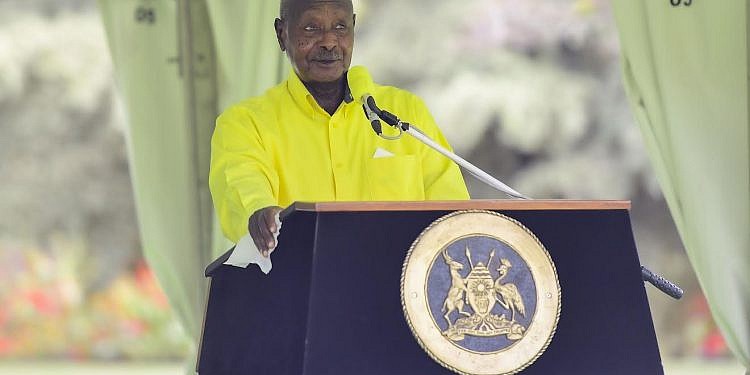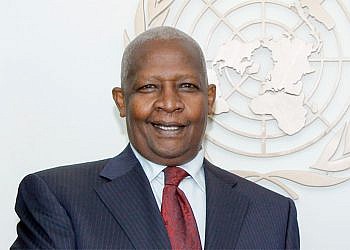President Yoweri Museveni has assured Ugandans that the ongoing merger of government agencies will not impede the government’s performance.
Speaking to the National Resistance Movement (NRM) parliamentary caucus at State House Entebbe, Museveni emphasized that the consolidation strategy aims to optimize resource allocation and streamline operations.
Addressing the caucus, Museveni responded to concerns about government efficiency by highlighting the capabilities of civil servants when properly motivated.
“When we face challenges like the army worm or locust invasions, these so-called ‘sleepy’ civil servants step up and take action,” he remarked.
He encouraged reforms to enhance the effectiveness of civil servants, similar to the disciplined operations in the Uganda People’s Defence Force (UPDF).
During the meeting, the NRM caucus resolved to support the merger of government agencies. Museveni explained that the return of agencies to their parent ministries is intended to eliminate redundancy and focus on core functions.
“We need to remove what is not necessary and retain only what is absolutely necessary,” he stated, addressing concerns about the capability of ministries to handle expanded responsibilities.
The president noted that agencies like the Uganda Coffee Development Authority (UCDA) are essential, not just for quality control, but also for supporting all aspects of coffee production, from seedlings to crop disease management.
Museveni underscored the importance of strengthening research institutions like Kawanda, Namulonge, and others to support agriculture, warning that lacking such institutions, as seen in Kenya’s coffee sector, could hinder progress.
Museveni also recounted Uganda’s economic history, highlighting the transition from a barter-based economy to one focused on cash crops, expanding from traditional staples like coffee and tea to a diverse range of exports including maize, milk, and bananas.
He cited the findings of a study led by Gen. Salim Saleh, which recommended merging government agencies to cut costs and streamline operations.
The caucus also approved a plan to merge the services of the National Information Technology Authority – Uganda (NITA-U) into the Ministry of Information Technology and National Guidance, granting a three-year transition period due to ongoing digital access projects funded by the World Bank.
Minister of National Guidance, Godfrey Kabyanga Baluku, emphasized the need for internet connectivity at every parish to support projects like the Parish Development Model and facilitate electoral processes.
The resolution received broad support from legislators, who commended Museveni for his decisive approach to rationalization.
Yorke Odria Alioni, MP for Aringa South County in Yumbe District, expressed that the rationalization was long overdue, while Catherine Lamwaka, Woman MP for Omoro, called for additional support to coffee farmers, particularly in the Acholi sub-region, to aid irrigation efforts.
The meeting was attended by key government figures, including Prime Minister Robinah Nabbanja and other ministers, who collectively backed the strategy to streamline government functions and improve efficiency.








































